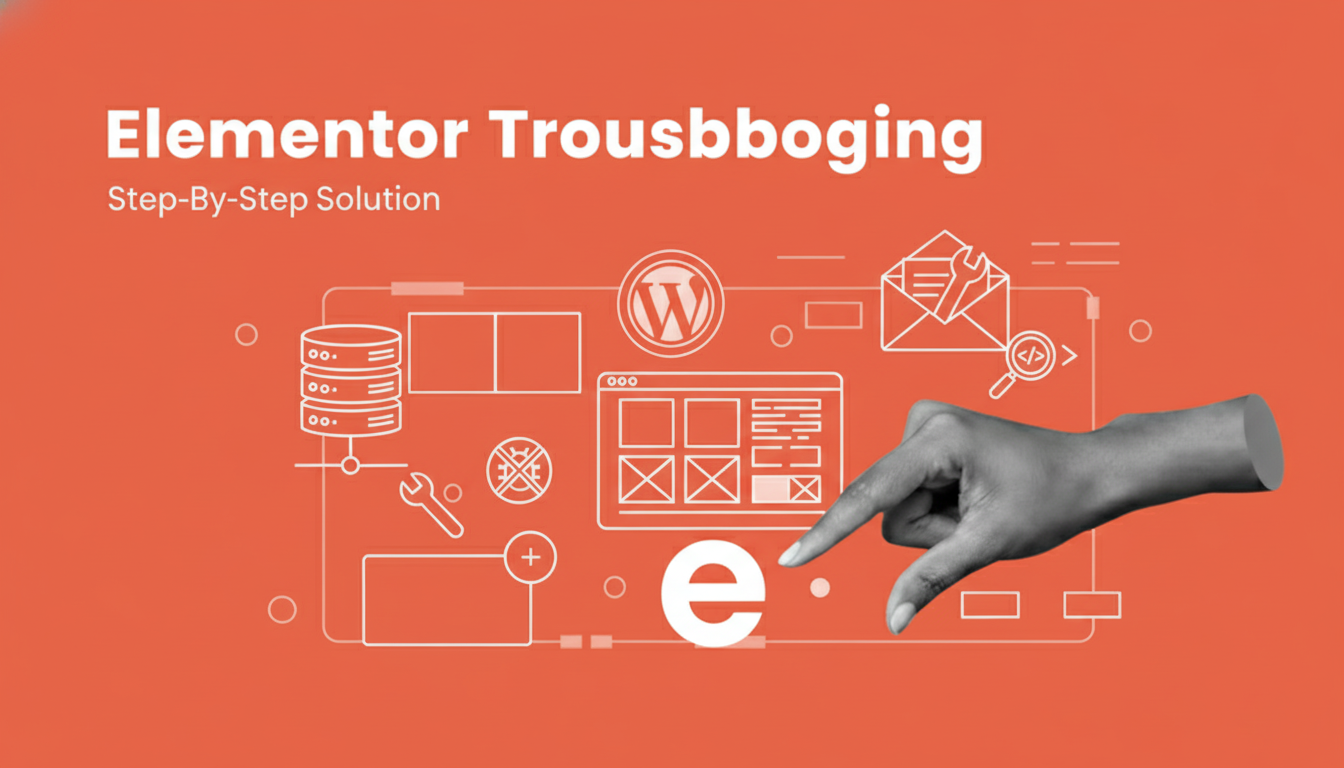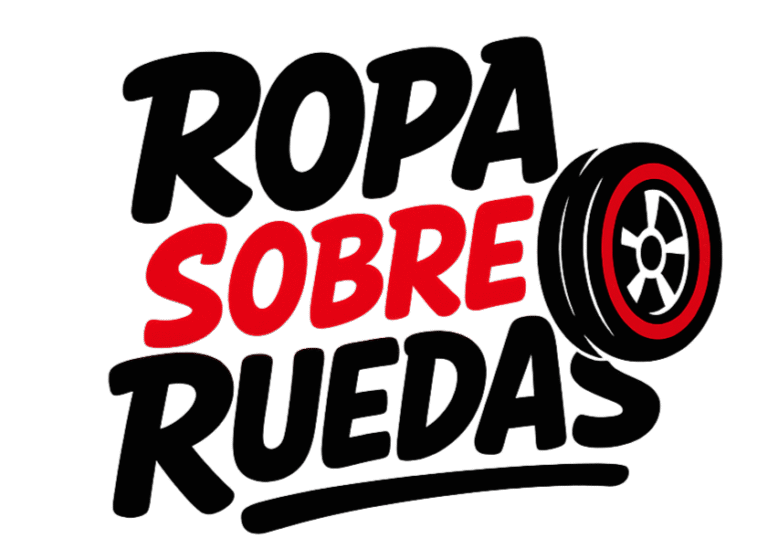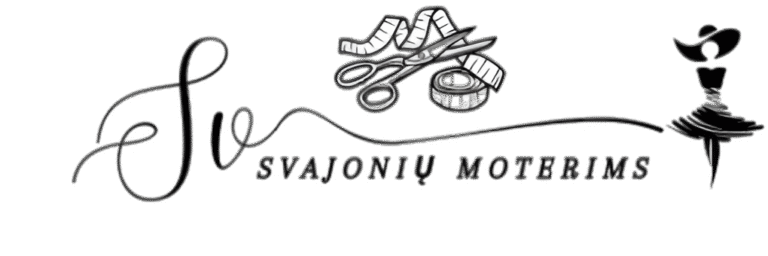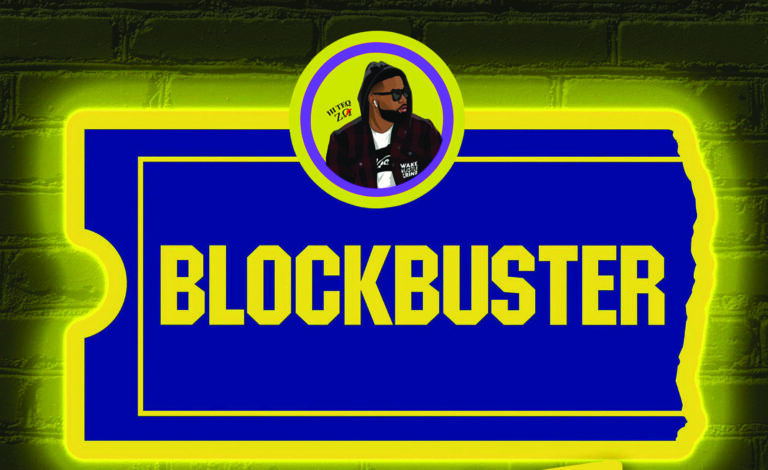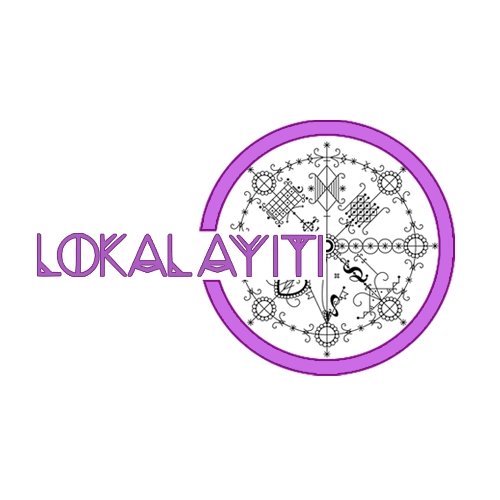“`html
body { font-family: Arial, sans-serif; line-height: 1.6; margin: 20px; color: #333; }
h1, h2, h3 { color: #1a1a1a; }
h1 { font-size: 2.2em; }
h2 { font-size: 1.8em; border-bottom: 2px solid #eee; padding-bottom: 5px; margin-top: 30px; }
h3 { font-size: 1.4em; margin-top: 20px; }
p { margin-bottom: 10px; }
ul, ol { margin-bottom: 10px; padding-left: 25px; }
li { margin-bottom: 5px; }
strong { font-weight: bold; }
em { font-style: italic; }
code { background-color: #f4f4f4; padding: 2px 4px; border-radius: 4px; font-family: “Courier New”, Courier, monospace; }
pre { background-color: #f4f4f4; padding: 10px; border-radius: 5px; overflow-x: auto; }
.note { background-color: #e6f7ff; border-left: 5px solid #3366ff; padding: 15px; margin: 20px 0; border-radius: 5px; }
.tip { background-color: #fffacd; border-left: 5px solid #ffd700; padding: 15px; margin: 20px 0; border-radius: 5px; }
.warning { background-color: #ffe6e6; border-left: 5px solid #ff0000; padding: 15px; margin: 20px 0; border-radius: 5px; }
a { color: #007bff; text-decoration: none; }
a:hover { text-decoration: underline; }
How to Fix Elementor Price Not Showing Issue: A Comprehensive Guide
Have you been tirelessly working on your beautiful Elementor website, meticulously setting up your product pages or pricing tables, only to find that the Elementor price not showing issue is throwing a wrench in your plans? It’s incredibly frustrating when your hard work doesn’t display correctly, especially when it involves crucial information like pricing.
Whether you’re running an e-commerce store with WooCommerce, presenting service packages, or simply displaying comparative pricing, a missing price can lead to lost sales and a poor user experience. But don’t fret! You’re not alone, and this is a common problem with several identifiable causes and, more importantly, multiple effective solutions. As your go-to experts at Hostinger, we’re here to guide you through every step to get those prices showing exactly where they should be.
In this comprehensive guide, we’ll delve into the various reasons why your Elementor prices might not be appearing and provide you with actionable, step-by-step solutions. We’ll cover everything from simple caching issues to more complex plugin conflicts and configuration errors, ensuring you have all the tools to troubleshoot and resolve this common headache.
Understanding Why Your Elementor Price Might Not Be Showing
Before we jump into solutions, it’s helpful to understand the potential culprits behind the Elementor price not showing problem. Elementor is a powerful page builder, but it relies heavily on your WordPress core, themes, other plugins (especially e-commerce ones like WooCommerce), and even your server configuration. A hiccup in any of these areas can prevent your prices from rendering correctly.
Common reasons include:
- Caching issues: Stale cache can prevent new content from appearing.
- Plugin conflicts: Another plugin might interfere with Elementor or WooCommerce functionalities.
- Theme compatibility problems: Your theme might not be fully compatible with Elementor or WooCommerce, or it might have conflicting styles.
- WooCommerce product visibility/status: If you’re using WooCommerce, the product itself might be hidden, out of stock, or lacking price information.
- Elementor widget settings: Incorrect settings within your Elementor pricing table or product widget.
- Outdated software: Old versions of Elementor, WordPress, WooCommerce, or your theme can lead to bugs.
- Custom CSS/JavaScript errors: Customizations might be unintentionally hiding elements.
- Server-side issues: Less common, but sometimes server configurations can play a role.
Step-by-Step Solutions to Fix Elementor Price Not Showing
Let’s dive into the practical solutions. We recommend working through these in order, starting with the simplest, as they often resolve the issue without needing more complex diagnostics.
1. Clear Caches: The First Line of Defense Against Elementor Price Not Showing
Cached data is a common reason why changes you make on your website don’t immediately appear. Your browser, WordPress plugins, and even your server can store old versions of your pages. Clearing these caches is almost always the first step in troubleshooting any display issue.
How to Clear Elementor Caches:
- Go to your WordPress Dashboard.
- Navigate to Elementor → Tools.
- Click on the General tab.
- Find the Regenerate CSS & Data option and click the Regenerate Files button.
- Next, go to the General tab again and click on Sync Library.
How to Clear WordPress Caching Plugin Caches:
If you use a caching plugin like WP Super Cache, LiteSpeed Cache, WP Rocket, or W3 Total Cache, you’ll need to clear its cache too. The exact steps vary, but generally:
- Go to your WordPress Dashboard.
- Find your caching plugin’s settings (e.g., LiteSpeed Cache → Purge All, WP Rocket → Clear Cache).
- Click the button to clear/purge all cached data.
How to Clear Browser Cache:
This ensures your browser isn’t showing you an old version of the page.
- Chrome: Press
Ctrl + Shift + R(Windows) orCmd + Shift + R(Mac) to hard refresh. Alternatively, go to Settings → Privacy and security → Clear browsing data. - Firefox: Press
Ctrl + Shift + R(Windows) orCmd + Shift + R(Mac). - Safari: Go to Safari → Clear History.
2. Verify WooCommerce Product and Elementor Widget Settings
If you’re displaying product prices using WooCommerce and Elementor, sometimes the issue lies in the source settings.
Checking WooCommerce Product Settings:
- Go to your WordPress Dashboard → Products → All Products.
- Edit the specific product whose price is not showing.
- Scroll down to the Product data meta box.
- Ensure that a Regular price (and optionally a Sale price) is entered.
- Check the “Catalog visibility” option under the “Publish” meta box. It should be set to “Shop and search results” or “Catalog only” – not “Hidden.”
- Verify the “Product status” is “Published.”
- Click Update to save any changes.
Verifying Elementor Widget Settings:
If you’re using Elementor’s Price List, Price Table, Product, or Product Price widget, double-check its configuration.
- Edit the page with Elementor where the price is missing.
- Click on the specific widget you’re using to display the price.
- In the widget’s settings panel (left sidebar), carefully review all options under the Content and Style tabs.
-
For Price List/Table widgets:
- Ensure the “Price” field for each item has a value.
- Check styling options like “Price Color,” “Typography,” or “Visibility” that might accidentally set the color to transparent or hide the text.
-
For WooCommerce Product widgets:
- Verify you’ve selected the correct product source.
- Ensure the “Show Price” (or similar) toggle is enabled if available.
- Click Update to save your Elementor changes.
3. Update Elementor, WordPress, and WooCommerce (and Theme)
Outdated software is a common source of bugs and compatibility issues. Always ensure your core components are up-to-date.
How to Update Your Software:
- Go to your WordPress Dashboard → Dashboard → Updates.
- Check for updates for WordPress core, your theme, Elementor, Elementor Pro (if applicable), WooCommerce, and any other relevant plugins.
- Select and update all pending items.
After updating, clear all caches again (Step 1) and check your site.
4. Check for Plugin and Theme Conflicts
One of the most frequent causes of unexpected behavior in WordPress is a conflict between plugins or between a plugin and your active theme. This often manifests as specific elements (like prices) not appearing.
How to Perform a Conflict Check:
- Go to your WordPress Dashboard → Plugins → Installed Plugins.
- Deactivate ALL plugins except Elementor, Elementor Pro (if installed), and WooCommerce (if applicable).
- Clear all caches (as in Step 1).
- Check your website to see if the Elementor price not showing issue is resolved.
- If resolved: One of your deactivated plugins was the culprit. Reactivate them one by one, clearing caches and checking your site after each activation, until the problem reappears. The last plugin you activated is the conflicting one. You’ll then need to contact the plugin developer, look for alternatives, or try to find a workaround.
- If not resolved: The issue isn’t with other plugins. Proceed to check your theme.
- If the issue persists after testing plugins, deactivate your current theme and activate a default WordPress theme (like Twenty Twenty-Four, Twenty Twenty-Three, etc.).
- Clear all caches.
- Check your website.
- If resolved: Your theme is causing the conflict. Contact your theme developer for support or consider switching themes.
- If not resolved: The issue is likely with Elementor or WooCommerce configuration, or a deeper problem. Reactivate your original theme and continue to the next steps.
5. Inspect Custom CSS or JavaScript
If you’ve added any custom CSS or JavaScript to your site (either through Elementor’s custom CSS feature, a customizer, or a child theme’s style.css/functions.php), it might be accidentally hiding your prices.
How to Check Custom Code:
- Use your browser’s developer tools (right-click on the missing price area and select “Inspect” or “Inspect Element”).
- Look for CSS rules that might be setting
display: none;,visibility: hidden;, or an opacity of0;for elements containing your price. - If you find suspect code, temporarily remove or comment it out from where you added it (Elementor’s custom CSS, theme customizer, child theme files).
- Clear caches and recheck.
6. Check Elementor System Info and Server Requirements
has specific system requirements to function optimally. If your hosting environment doesn’t meet these, you might experience various issues, including display problems.
How to Check Elementor System Info:
- Go to your WordPress Dashboard → Elementor → System Info.
- Review the entire report. Pay close attention to “PHP Version,” “PHP Max Input Vars,” “PHP Memory Limit,” “Max Input Time,” and “Upload Max Filesize.”
- If any values are highlighted in red or yellow, they indicate potential issues. Your PHP Memory Limit should ideally be 256M or higher (512M is recommended).
- If you need to adjust these settings, you’ll typically do this through your hosting control panel’s PHP settings, via your
wp-config.phpfile, or by contacting your hosting provider (like Hostinger support!).
For example, to increase PHP memory limit:
define( 'WP_MEMORY_LIMIT', '256M' );Add this line to your wp-config.php file, usually above the /* That's all, stop editing! Happy blogging. */ line.
7. Re-sync WooCommerce Template and Regenerate Permalinks
Sometimes, WooCommerce data or permalink structures can get corrupted, leading to display issues.
Re-sync WooCommerce Template:
This is a less common fix but can sometimes resolve database-related display discrepancies.
- Go to WooCommerce → Status → Tools.
- Look for “WooCommerce capabilities” and “Product lookup tables”. Click “Rebuild options.”
- Also, look for “Clear transient” options and click them.
Regenerate Permalinks:
This refreshes your site’s URL structure, which can sometimes resolve unexpected routing or display bugs, especially after updates.</

